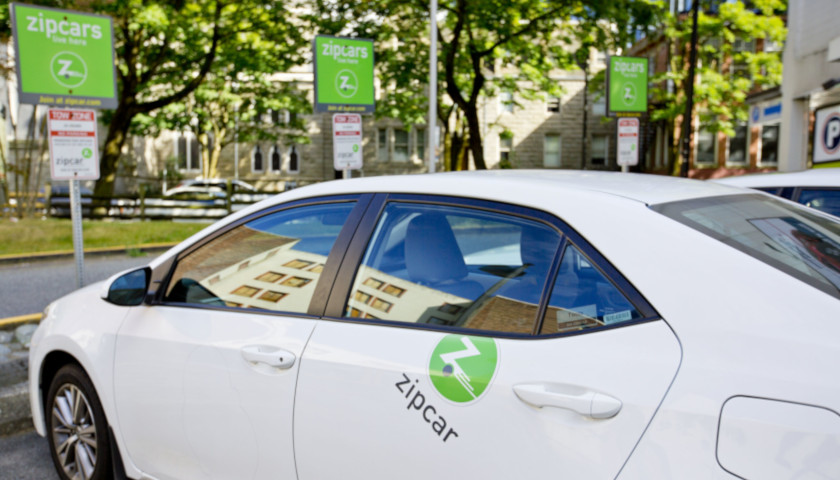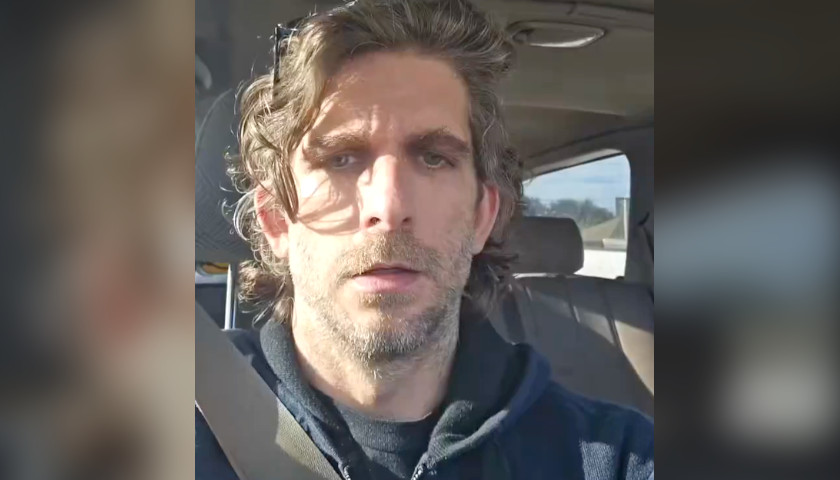A new bill introduced in the Ohio Senate would impose regulations on the growing peer-to-peer car-sharing industry in the state.
Senate Bill 161 is sponsored by State Sens. Jay Hottinger (R-31) and Matt Dolan (R-24). It was introduced Monday and referred to the Transportation, Commerce and Workforce Committee where it had its first hearing Wednesday. It is scheduled for proponent and opponent testimony Thursday.
The bill would allow owners in the state to rent their non-commercial vehicle to other licensed drivers, but spells out conditions and regulations for the car-sharing transactions.
Peer-to-peer (P2P) car sharing is a process using an internet-based business platform to connect owners and drivers, similar to the way Airbnb connects homeowners and renters. Several companies already operate car sharing programs in Ohio and an internet search showed vehicles available in the major cities of Cincinnati, Cleveland, Columbus and Toledo.
S.B. 161 would set basic requirements about the information that must be collected and maintained, how safety recall notices for vehicles are handled, and who is responsible for any liability in case of an accident. The amount of insurance any sharing platform companies must carry is at least $1 million, the same as transportation network companies like Uber and Lyft.
Under the bill, all car sharing agreements are subject to the Uniform Commercial Code, which means they must comply with general business, contract, and advertising practices. For example, the vehicle owner couldn’t advertise a sub-compact car as a sport utility vehicle.
It also makes the owner of the sharing platform responsible for collecting and remitting Ohio sales taxes, and allows airports to set standards, fees and procedures when rented vehicles are exchanged at their facility.
“To be clear, the intention of this legislation is not to stifle an emerging industry, but rather to ensure a level playing field and that appropriate regulations and responsibilities are in place,” said Hottinger in prepared testimony to the committee.
“Peer-to-peer car sharing is relatively new to Ohio,” he said. “These provisions are for the benefit and safety of all who use the roads.”
But officials at Turo, a P2P car-sharing company that’s done business in Ohio since 2013, don’t see it that way.
“The proper way to regulate an industry is to collaborate with the industry and that process has been difficult in Ohio,” Michelle Peacock, Turo’s vice president and head of government affairs, said. “We are really frustrated with this process in Ohio.”
Peacock said there are several provisions in the bill that cause them concern.
“For the most part, Turo isn’t opposed to being regulated,” she explained. “We think it’s important to be regulated to ensure the safety of consumers. But we don’t want to be punished with the language.”
The bill would designate Turo as a vendor under Ohio law and make transactions on their platform subject to sales tax.
“We’ve never debated being a marketplace facilitator,” Peacock said, “but being defined as a marketplace facilitator and a vendor opens a host of questions about how we should be taxed.”
She also said marketplace facilitators have to collect and remit sales taxes.
“This bill says (the sales tax collection) applies to us retroactively,” she added. “This is flat up punitive.”
Another provision she questions is the insurance requirement.
“The legislation requires that we maintain $1 million in insurance, but the scope of liability is ambiguous,” she said. “We shouldn’t have an inflexible mandate on the dollar figure without specification on the how that liability applies.”
Peacock said they’ve faced similar issues in other states.
“There is a very clear point of view that Enterprise Rent-A-Car wants to kill our business by regulations, including taxes and high levels of insurances,” she said. “This is part of a nationwide effort to limit, curtail, or eliminate competition to their rental car business. It’s one of 34 efforts to regulate P2P car sharing – a business they aren’t even in.”
Peacock said Turo recently worked with Colorado, Indiana and Maryland to enact a regulatory framework for car sharing platforms. She is hoping Ohio would be willing to adopt similar language.
“There is existing legislation to be proud of that does protect consumers without so restricting the industry that it makes it unfeasible to operate,” she said.
Turo does plan to have a representative at the next committee hearing to voice their concerns.
– – –
Maggie Leigh Thurber is a writer for The Ohio Star. Email tips to [email protected].
Photo “Zip Car” by GoToVan. CC BY 2.0.






Thanks for sharing all of your experiences!